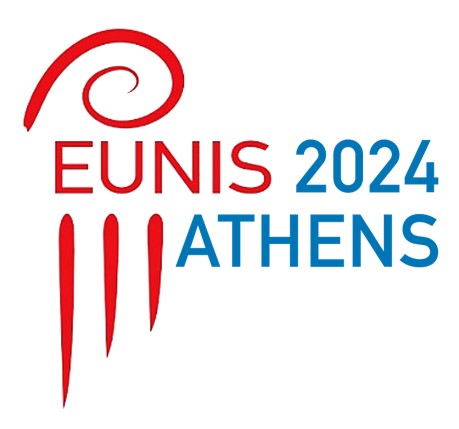This session consists of two presentations.
Featured Speakers
Denise Dittrich, RWTH Aachen University:
git.nrw – a centralized GitLab Hub for North Rhine-Westphalia #53
The git.nrw project aims to establish a centralized GitLab instance and develop comprehensive training programs to support streamlined research data management (RDM) processes in North Rhine-Westphalia (NRW), Germany. Initiated under the umbrella of the state initiative fdm.nrw, git.nrw endeavors to enhance collaboration among universities and research institutions by offering cross-institutional software development, project management support, and educational resources. Led by RWTH Aachen University and supported by key academic partners, with a projected duration of five years starting from 2023, git.nrw seeks to address the fragmented landscape of GitLab usage in academic settings, promoting standardized practices while ensuring data security, collaboration, and long-term sustainability. Despite initial delays, the project team has made progress in setting up a test instance and tackling organizational challenges, laying a solid foundation for future endeavors.
Download the presentation
Bert Zulauf, Nina Knipprath, Christian Hohenfeld, Heinrich Heine University (HHU) Düsseldorf:
Security of evidence for research – proof of electronic research documentation #49
In this presentation, we want to address a consideration of working with electronic lab notebooks: The security of evidence of electronically documented research. In order to achieve a standardised digital process of laboratory documentation that would facilitate the work of our researchers, the researchers have received explicit approval from the district government to keep their laboratory documentation exclusively in electronic laboratory notebooks. This also means that records of genetic engineering work (genetically modified organisms) may also be kept digitally.
The district government bundles the requirements from the state ministries and ensures the legally and technically correct implementation at municipal level. The requirements of the record-keeping obligation must be fulfilled. This means that subsequent changes of a record must be recognised, availability during the retention period and clear allocation to the individual project managers must be guaranteed. There must be a legally binding signature under the research work, but this does not have to be a qualified electronic signature. However, the immutability of regular laboratory documentation can also be guaranteed within an electronic laboratory notebook by using a time stamp. Here, researchers can record their work at any given moment in time in a verifiable manner.
Our experience from this successful process can serve as an example of good practice for other institutions to implement evidence security in electronic laboratory documentation.
Download the presentation


